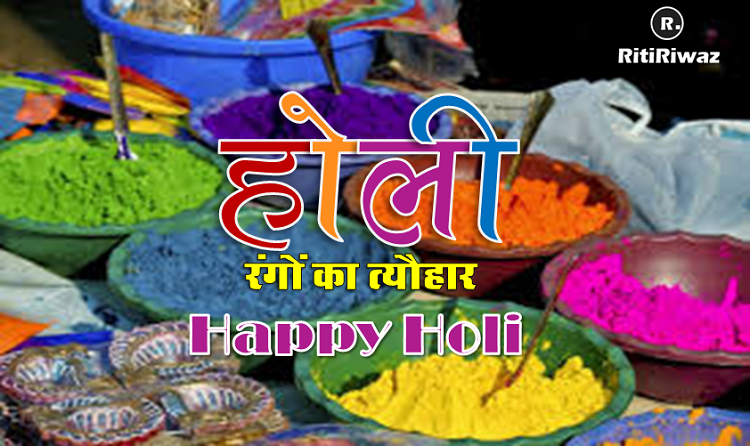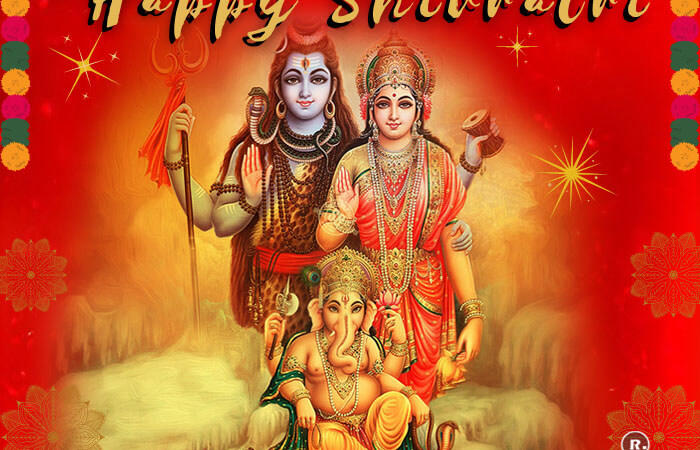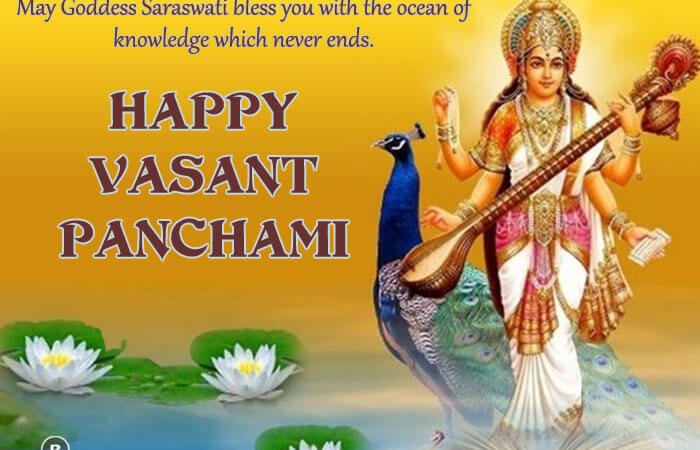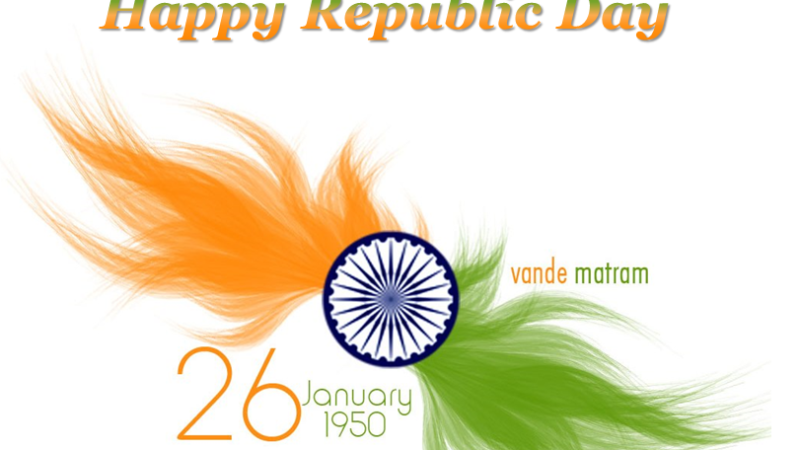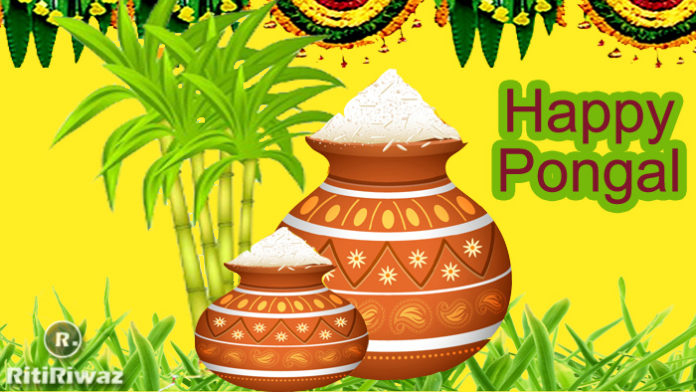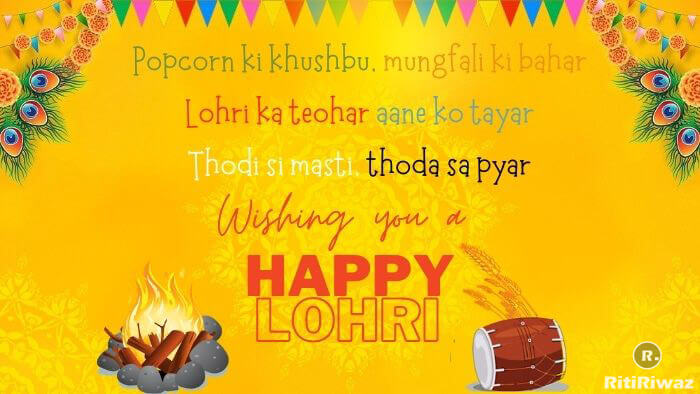Bengali New Year – Pahela / Paila Baishakh
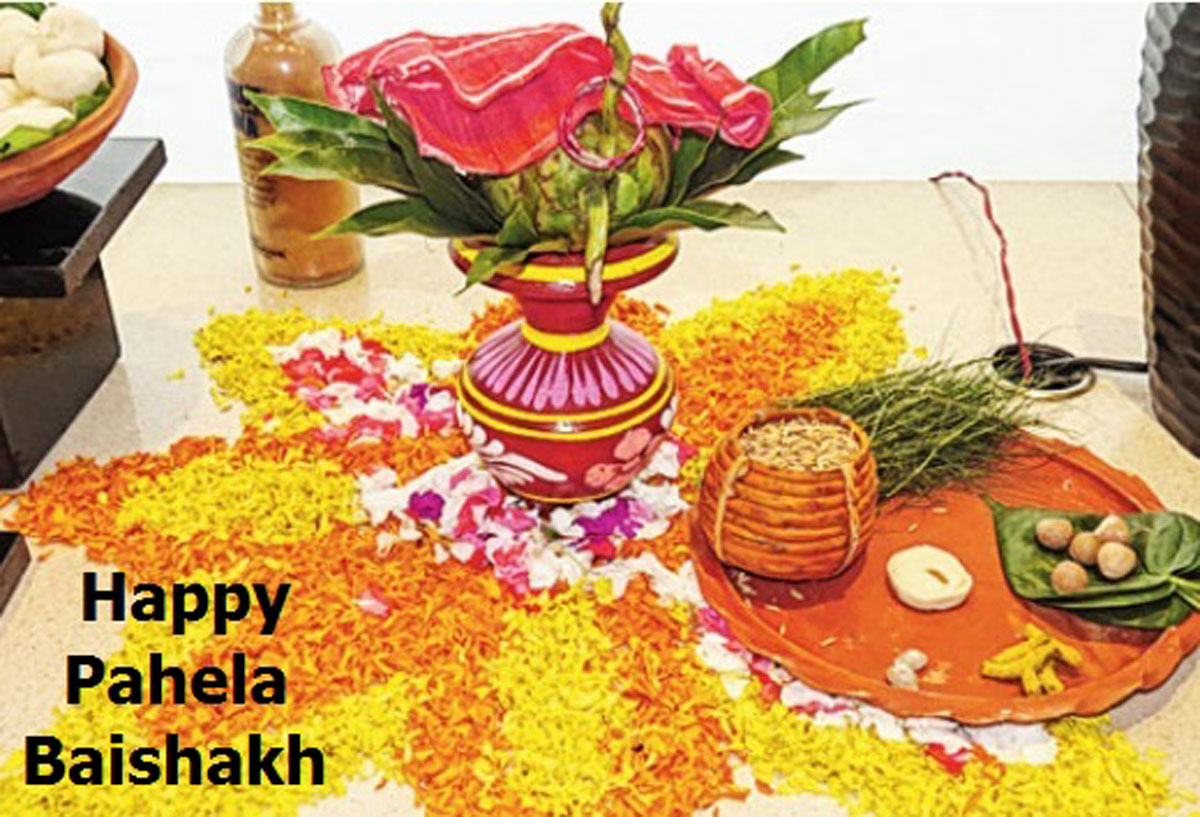
Pahela is the first day of the Bengali Calendar celebrated on 14 April in Bangladesh and 14/15 April in the western part of India. It is a new year for people of West Bengal, Tripura, Assam, Jharkhand, and Odisha.
The same day is observed elsewhere as the traditional solar new year and a harvest festival by Hindus and Sikhs and is known by other names such as Vaisakhi in central and north India, Vishu in Kerala, Bohag or Rongali Bihu in Assam.
In 2025 Pahela Baishakh will be celebrated on Monday, 14th April.
Bengali greet “Shubho Noboborsho” which is literally “Happy New Year“.
History
Bengali calendar is based on Surya Siddhanta in which the first day of the year coincides with the mid-April new year in Mithila, Assam, Burma, Cambodia, Kerala, Manipur, Nepal, Odisha, Sri Lanka, Tamil Nadu, and Thailand.
So in Bengal 14 April is Poila Boishakh. According to the Bengal calendar, the first five months of the year from Bôishakh to Bhadrô will consist of 31 days each. The remaining seven months of the year from Ashwin to Chôitrô will consist of 30 days each. In every leap year of the Gregorian calendar, an additional day will be added in the month of Falgun (which is 14 days after 29 February).
The first day of 14 April is the New Year of the Indian solar calendar and all derived calendars including the Bengali calendar. So historically this day has been seen as a day for a new opening and celebrated accordingly. In Bengal, landlords used to allocate sweets among their tenants, and business people commenced a “Halkhata” (new financial records book) and locked their old ones. Vendors used to provoke their consumers to allocate sweets and renew their business relationship with them. There were fairs and festivities all over.
Traditions
Poyela Boishakh is the day in Bengal when every Bengali young or old, rich or poor is in a festive mood. Bengali New Year festivities include fairs and dances and classical jatra plays.
This is the day for visiting relatives friends and neighbors, Special dishes are prepared on this day for the guests. Women wear saris and their hairs bedecked with flowers, Men wear panjabis. Pôila Boishakh is about celebrating the simpler, rural heartland roots of the Bengal.
Panta Ilish – a popular dish served during Poyela Boishakh (the first day of the Bengali New Year), it is customary to have ilish with panta bhat (Fermented Rice) typically at breakfast.

